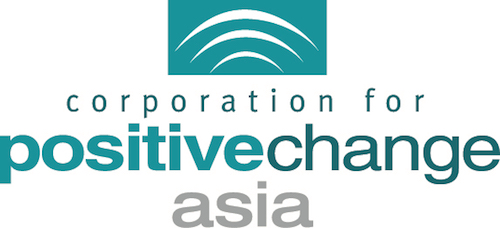 A potential client contacted me for offering “an appreciation workshop” to their staff at all levels.
A potential client contacted me for offering “an appreciation workshop” to their staff at all levels.
They were looking for a one-day or a half-day training workshop – to teach people the mindset (what to think) and skills (what and how to do, or mainly to say) in order to show their appreciation to others.
Would anybody want to sign up for that workshop? I doubt it. But it sounds more like an initiative for organizational culture change.
Appreciating and acknowledging people’s contribution can be one of the ways to create positive impact on people. The simplest way to do it is by telling. Sometimes a simple “thank you” will do the work. And yes, all the kind words can generate warm feelings and show our gratitude, which may create an external force of motivation in a workplace. It may also help build relationship. Yet the consequence is, once such act of appreciation stops, the motivation effects will also vanish in no time.
If we want to engage people to foster a sustainable culture that builds generative momentum in the long run, we need more than appreciative words that trigger good feelings.
In #AppreciativeInquiry (AI), “appreciative” has a twofold meaning: 1. Valuing: to recognize and to affirm strengths, successes and best practices, and 2. Increasing value: to explore creative and practical ways to best use of the strengths to replicate the successes.
To increase value, we use inquiry to engage people in dialogues to explore the unknown and new possibilities. The process itself and the data collected during the process arouse people’s natural curiosity about the ideals – and what makes the ideals possible. It will then lead to delicate visioning, design and planning to realize the ideals. The exploration and co-creation process stretch the capacity of individuals and organizations for future opportunities.
A participant in my recent workshop asked me about the idea of studying the ideals. “Things might just happen randomly for no particular reason. Why spend time on studying the ideals?”
My response was the “what” and “how” were way more meaningful than the “why.” We can spend a lifetime to hypothesize the reasons why things happen but still can’t get the answer. Even if we can get the answer, so what then? It leads us nowhere.
On the contrary, studying “what allowed it happen” and “how it happened,” and more importantly, “how we can sustain it and make it happen again” will lead us to subsequent actions to make miracles happen again and again.
Miracles and ideals are then no longer mysteries. They become our reality.
Reference:
Whitney, D. & Trosten-Bloom, A. (2010). The Power of Appreciative Inquiry – A Practical Guide to Positive Change (2nd. ed.). San Francisco: Berrett-Koehler Publishers, Inc.
Written by Dorothy Tsui, Principal & Founder of Hong Kong Center for Positive Change
This blog was first posted on Corporation for Positive Change website.
